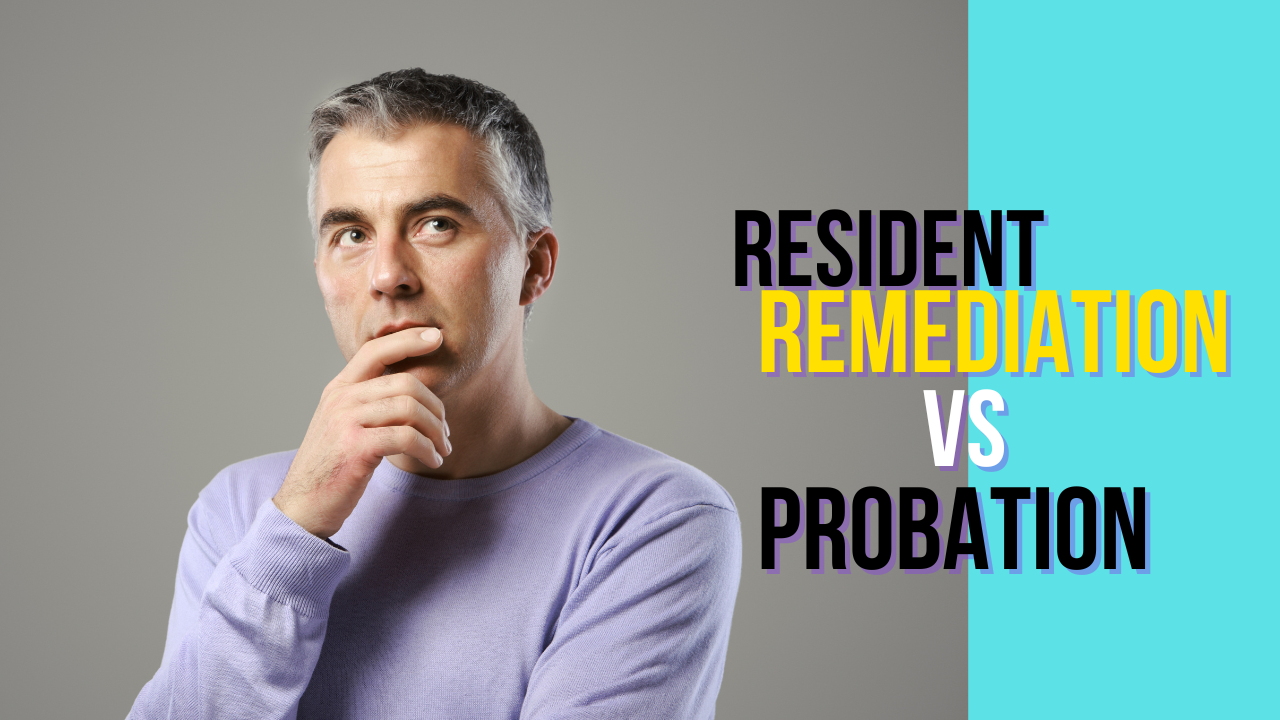Resident Remediation vs. Probation: What’s the Difference and Why It Matters
Aug 25, 2025
When residents hear they’re on a learning plan or being called into a meeting with the program director, panic can set in quickly. Too often, the word “probation” gets thrown around even when what’s really happening is remediation. These two terms are not interchangeable. In fact, confusing them can create unnecessary stress for residents and even legal risks for programs.
In this post, we’ll break down the key differences between remediation and probation, why it matters for your residency program, and best practices to ensure everyone is using the right language.
What Remediation Really Means
Remediation is a structured, supportive plan designed to help a resident address a gap in performance — whether in clinical judgment, communication, professionalism, or another competency.
Key points about remediation:
- The resident is still in good standing.
- They retain privileges such as moonlighting and running for chief.
- If completed successfully, remediation is not reportable on licensing, verification letters, or employment paperwork.
- It stays between the program and the learner.
At its core, remediation is about support, growth, and helping residents succeed.
What Probation Really Means
Probation, on the other hand, is formal and disciplinary. It signals that the resident is not in good standing. That status will follow them well beyond residency.
Key consequences of probation:
- It is reportable on licensing applications, verification letters, and hospital credentialing.
- It carries significant long-term career impact.
- It should only be used when the program has moved into formal disciplinary action.
The difference in standing-- good standing vs. not in good standing -- is the clearest way to separate remediation from probation.
Why the Distinction Matters
Using the wrong label can have serious consequences:
- A resident might mistakenly believe they’re facing career-ending discipline.
- Inconsistent use of terms in policies, emails, or meeting minutes can create contradictions that harm program credibility.
- If challenged legally, poorly chosen language can weaken your program’s position.
In short: one careless word can derail a resident’s future or put your program in hot water.
Best Practices for Programs
- Define Your Terms
Have clear, written definitions of remediation, probation, and “good standing” in your policies. If it isn’t defined, it’s open to debate — and you don’t want that debate happening after the fact.
- Use Consistent Language
Every piece of documentation (i.e., emails, learning plans, meeting minutes, etc.) should match your policy language. Consistency prevents confusion and builds trust with residents, faculty, and governing bodies.
- Train Your Faculty and Committees
Many faculty members still use “probation” for any serious concern, often out of habit. Provide education to ensure your Clinical Competency Committee (CCC) and teaching faculty understand the difference and use the correct terms. Faculty education should include:
- How to refer a resident for formal review
- What language to avoid
- How to support remediation without escalating it unnecessarily
Key Takeaway
If you remember one thing, remember this:
- Remediation is not punishment. It’s a plan for growth.
- Probation is disciplinary and comes with serious, reportable consequences.
For a comprehensive overview of remediation best practices, visit the Resident Remediation Guide:
Resident Remediation Guide
Written by Dr. Nicole McGuire (Doc Mac), Education Specialist at a Family Medicine Residency and Founder of Doc Mac Learning. Through her ELEVATE framework, she helps residency programs create remediation plans that are fair, defensible, and effective.
Worried about your remediation process? Take the free Resident Remediation Risk Assessment → See Where You Stand

